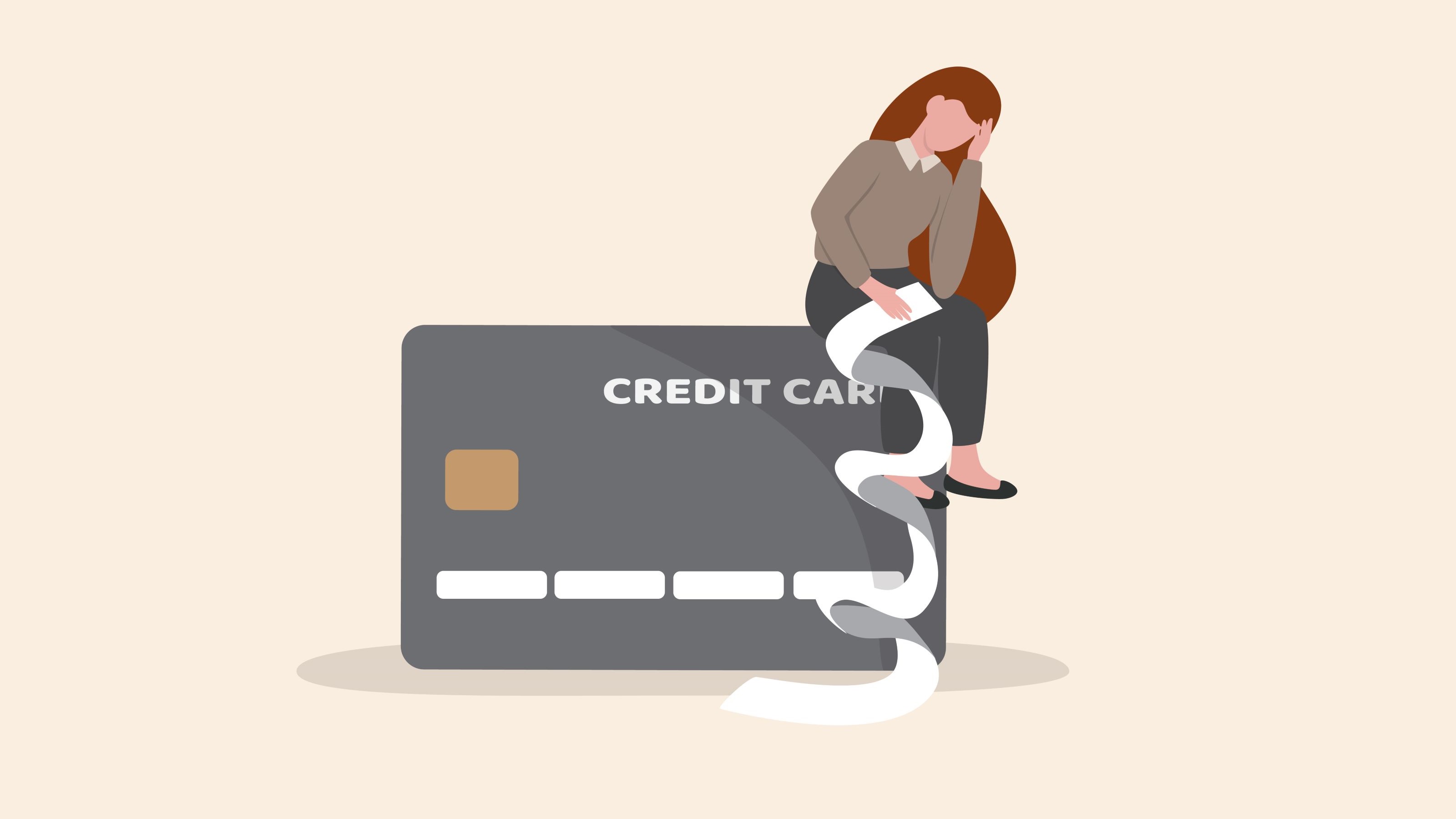
Consumers are increasingly relying on credit cards, racking up debt they can't pay off, according to a new survey from Quicken Inc. that looks at consumer behaviors and sentiments surrounding credit card debt.
According to the survey, 35% of Americans won’t be able to pay off their balances by the end of the year and high-earners (with annual incomes of at least $150,000) aren’t exempt.
With rising interest rates, inflation, and unemployment painting current economic conditions, many people resort to using credit cards as a way to cover expenses. According to Quicken Inc.’s survey, 39% of Americans live paycheck-to-paycheck and can’t see a way out. 55% of households earning under $50,000 annually and 49% of Millennials are the largest groups primarily resonating with this sentiment. Here’s why that’s a problem:
Lower-earning households feel the brunt of the financial squeeze, and it’s resulting in people taking on more debt at a higher cost to meet basic financial demands. If people are already struggling to close the income gap between paychecks then how will they afford to pay record-high interest rates? Average credit card interest rates reached a high of 20.68% — the highest recorded since the St. Louis Federal Reserve began tracking credit card interest rates in 1994.
Working more and spending less
For many survey respondents that means working more and spending less. Quicken’s survey found that 62% of employed Americans are considering a side gig in the next six months Along with 31% planning to look for a second job in the next six months. Reducing spending is also a priority, with 25% of Americans recognizing a need to cut back as they’re already buried in credit card debt.
Eric Dunn, CEO of Quicken, shared this regarding the survey results:
“Our research shows an economic divide that is widening among Americans — there is a large group of hard-working people who are still struggling financially…many of them are living paycheck to paycheck and relying on credit cards they may not be able to afford. It’s clear that strong financial planning is more important than ever to help Americans break this cycle and start closing the gap.”
However, it isn’t solely lower-income households plagued by the compounding interest of credit card debt. Roughly 34% of Americans with an annual income over $150,000 are also having more difficulty paying off their credit cards this year compared to 2022. A higher income isn’t necessarily going to help you outpace excessive spending in this economic environment.
What to do if credit card debt is overwhelming
If you’re dealing with the pressure of credit card debt, take these key steps to get a better handle on your payments. Many consumers opt to pay off their credit cards using a personal loan for a lower fixed interest rate and fixed payments. You could also do a balance transfer to take advantage of promotional 0% APR for several months. It’s also best to use a strategy like the avalanche or snowball method to help you pay off debt faster.







